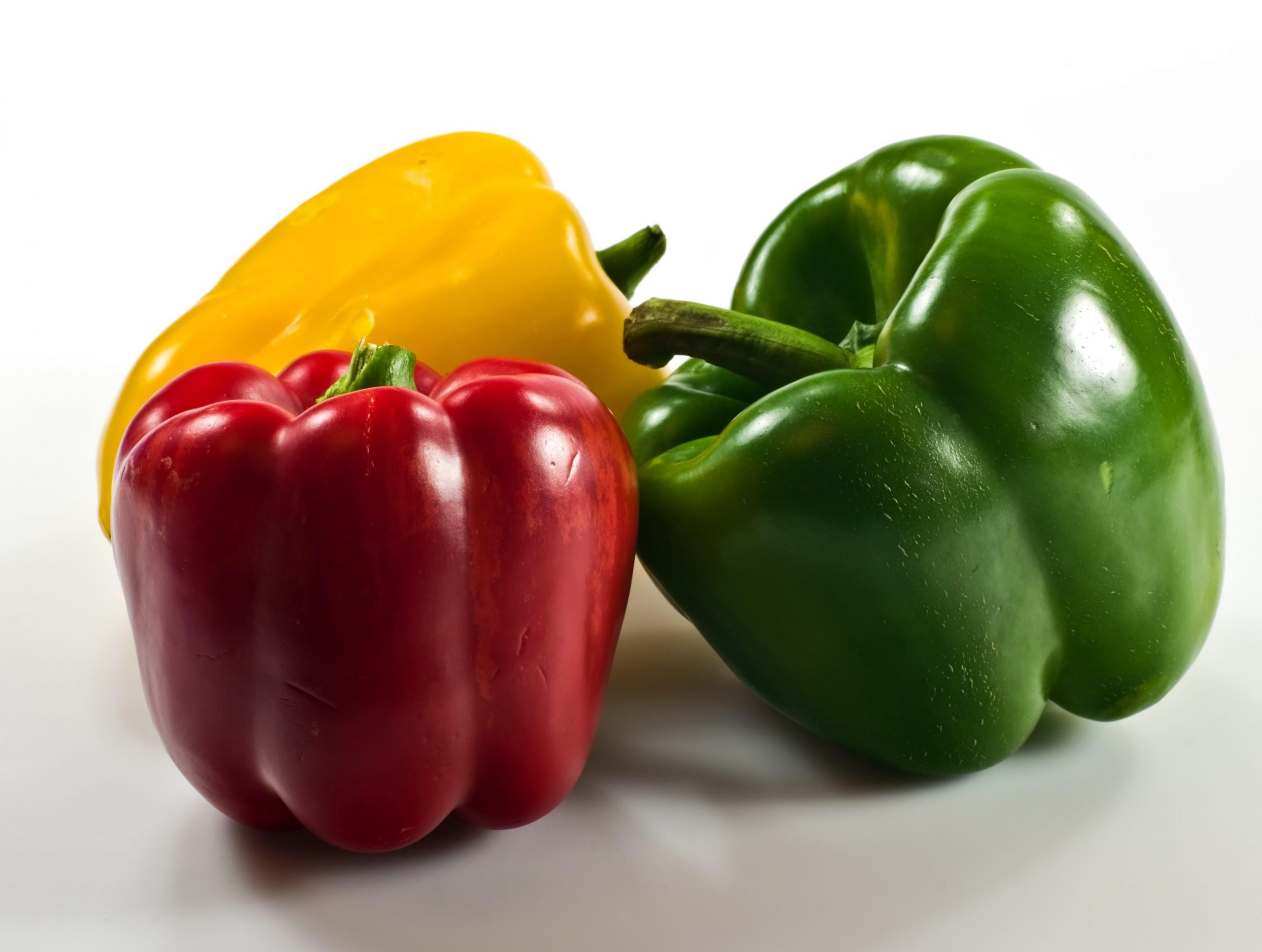How Plant Foods Play a Critical Role in Growing Healthy And Balanced and Plentiful Pepper Crops
Fertilizers work as the foundation of successful pepper farming, supplying a tactical approach to nourishing the soil and cultivating ideal plant growth. The intricate dancing between crucial nutrients and the pepper plants' physiological procedures underscores the essential role that plant foods play in making certain a bountiful harvest. From fueling robust origin growth to bolstering illness resistance, the impact of plant foods is far-reaching in the farming of healthy and balanced and worthwhile pepper crops. Stay tuned to uncover the nuanced ways in which fertilizers add to the prospering of pepper plants and the sustainable techniques that underpin their effectiveness.
Significance of Nutrient-Rich Plant Foods
The utilization of nutrient-rich fertilizers plays a critical duty in enhancing the productivity and quality of pepper plants in modern-day farming practices. Pepper plants need a balanced mix of vital nutrients to thrive and produce high yields of high quality fruits. Phosphorus, potassium, and nitrogen are main nutrients that are essential for the development and development of pepper plants. Nitrogen help in leafy green growth and overall plant vigor, phosphorus sustains root advancement and blossom manufacturing, while potassium contributes to condition resistance and fruit top quality.
Insufficient degrees of these nutrients can result in stunted growth, minimized returns, and sensitivity to conditions (best fertilizers for peppers). Nutrient-rich plant foods give a targeted service to make sure that pepper plants get the necessary components for optimal growth and efficiency. Additionally, these fertilizers assist enhance soil fertility over time, creating a lasting atmosphere for long-term pepper cultivation
Enhancing Plant Development and Advancement
To enhance plant development and development in pepper plants, calculated application of nutrient-rich fertilizers is important. Plant foods play a vital duty in improving the total health and wellness and efficiency of pepper plants by giving them with vital nutrients that might be doing not have in the soil.
In addition to these macronutrients, micronutrients such as magnesium, iron, and zinc are additionally vital for the correct functioning of different plant procedures. Iron, for instance, is required for chlorophyll production, which is important for photosynthesis and total plant growth. Zinc plays an important duty in enzyme task and hormonal agent synthesis, impacting plant growth and advancement at a mobile degree. Magnesium is necessary for the development of chlorophyll and total energy transfer within the plant.

Boosting Illness Resistance With Fertilizers
By tactically incorporating targeted plant foods, farmers can boost the disease resistance of pepper crops, ensuring optimum plant health and wellness and productivity. Fertilizers including crucial nutrients like nitrogen, potassium, and phosphorus play a crucial function in enhancing pepper plants' immune systems, making them much more durable to various conditions.

Making The Most Of Pepper Return Through Fertilization
Utilizing a balanced fertilizing approach is crucial to accomplishing maximum pepper return and guaranteeing optimum crop productivity. By giving peppers with the best nutrients at the appropriate time, farmers can dramatically improve their yield possibility. Phosphorus, potassium, and nitrogen are vital elements for pepper development, with nitrogen helping in fallen leave and stem development, phosphorus supporting root growth and flower development, and potassium advertising overall plant health.
To make best use of pepper yield, it is vital to conduct soil examinations to determine existing nutrient levels and identify any type of deficiencies that require to be dealt with. Based on these outcomes, farmers can create a customized fertilization strategy that fulfills the particular demands of their pepper crops. Furthermore, correct fertilization methods such as split applications throughout the growing season can make certain continual vitamins and mineral availability for the plants.

Sustainable Plant Food Practices for Peppers
In taking into consideration sustainable plant food practices for peppers, it is crucial to focus on long-term dirt wellness and ecological stewardship combined with taking full advantage of plant productivity. Sustainable plant food methods aim to keep or improve dirt fertility while lessening damaging ecological effects. One vital approach is using natural fertilizers such as compost, manure, or cover crops, which not only give vital nutrients to the peppers but likewise contribute to dirt framework and microbial activity. These natural options assist construct raw material in the soil, boosting its capacity to preserve water investigate this site and nutrients, thus sustaining long-term plant wellness and strength.
In addition, precision farming strategies, such as soil screening and targeted nutrient applications, can help maximize plant food usage, making sure that peppers get the nutrients they need without excess overflow right into rivers. This not only benefits the setting by minimizing contamination however additionally conserves expenses for farmers by reducing waste. By adopting lasting plant food practices, pepper cultivators can secure the health and wellness of their crops, dirt, and surrounding environments for future generations.
Verdict
To conclude, plant foods are crucial for growing abundant and healthy and balanced pepper plants. best fertilizers for peppers. They give necessary nutrients for plant growth and advancement, boost condition resistance, and take full advantage of return. By executing lasting plant food techniques, farmers can you can try here guarantee the long-term health of their pepper crops and add to a much more effective and environmentally-friendly farming system
The detailed dancing in between important nutrients and the pepper plants' physiological processes highlights the pivotal function that plant foods play in guaranteeing a plentiful harvest.To enhance plant development and advancement in pepper crops, strategic application of nutrient-rich plant foods is vital. Plant foods play a vital duty in boosting the total wellness and productivity of pepper plants by giving them with essential nutrients that might be doing not have in the soil.By strategically incorporating targeted fertilizers, farmers can boost the condition resistance of pepper crops, making certain optimum plant health and wellness and productivity. Fertilizers containing vital nutrients like discover here potassium, nitrogen, and phosphorus play a vital role in reinforcing pepper plants' immune systems, making them much more resilient to various illness.